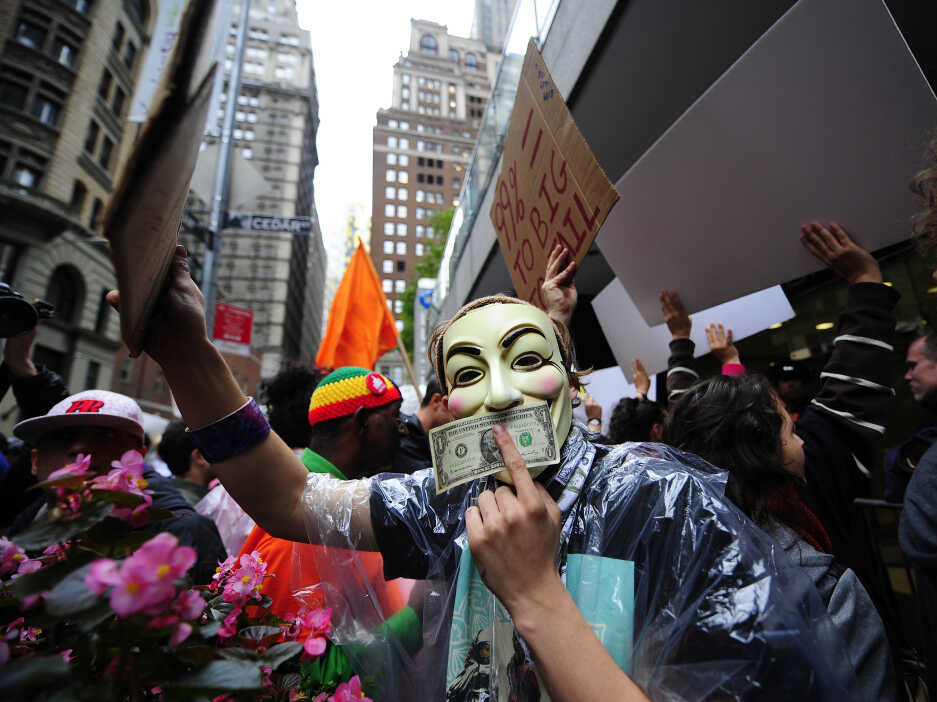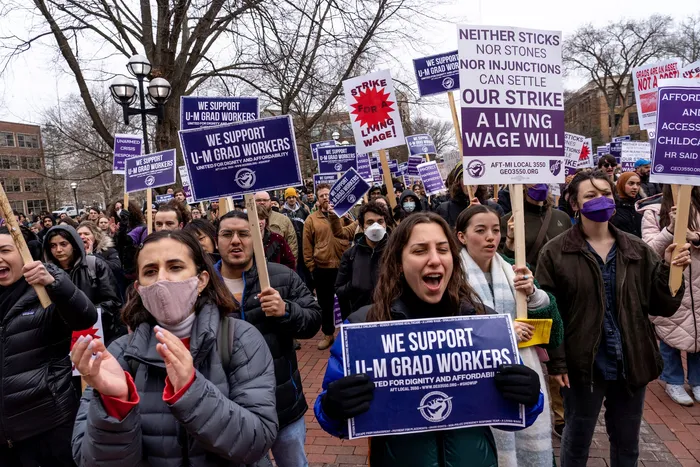Grassroots Movement Gains Momentum
The call for a general strike has ignited a firestorm of activism across the United States. Organizers are rallying everyday Americans—teachers, fast food workers, artists, and activists—to reject the status quo of economic inequality and environmental degradation. With studies indicating that mobilizing just 3.5% of the population can lead to significant change, the urgency to sign strike cards and join the movement has never been greater.
Corporate Greed Fuels the Call to Action
As reported by BBC, the wealth gap in the U.S. is more pronounced than ever, with billionaires accumulating staggering fortunes while the working class struggles to make ends meet. The disparity is not just economic; it perpetuates environmental injustice, as marginalized communities bear the brunt of pollution and climate change. The time for passive protest has passed—it"s time to strike.

The Income Gap: Unfair, Or Are We Just Jealous? : NPR
Building the Coalition for Change
Currently, the campaign is in its base organizing phase, seeking to secure 6 million signed strike cards. This groundwork is essential for creating a robust coalition that reflects the diverse needs of those fighting for racial, economic, and climate justice. The goal is clear: when we reach 11 million signatures, we strike. As noted in research from Harvard Kennedy School, no government has withstood a challenge when 3.5% of its population mobilizes.
Strategizing for Impact
Once the coalition reaches 6 million signed strike cards, organizers will shift focus to coalition building and planning for Strike Day. This involves drafting specific demands aimed at those in power, ensuring that the voices of frontline communities are amplified. This phase is crucial for ensuring that the demands reflect the urgent needs for environmental protection, living wages, and equitable policies. The voices of those most affected by climate change must be at the forefront of these conversations.

Labor actions across US as unions seek better conditions for ...
Legal and Financial Support for Strikers
As the movement gains traction, the need for legal aid and mutual aid becomes paramount. According to National Labor Relations Board, understanding the legal framework around strikes is essential for protecting workers" rights. Strike funds will provide the necessary support for strikers, ensuring they are not left vulnerable during this critical time of action. Mutual aid networks will play a vital role in supporting those who may face retaliation from employers.


![[Video] France opens applications for 10-month national service for youth](/_next/image?url=%2Fapi%2Fimage%2Fthumbnails%2Fthumbnail-1768220506872-i17id8-thumbnail.jpg&w=3840&q=75)




![[Video] Gunfire between Iraqi security forces and Sadr militias in Baghdad](/_next/image?url=%2Fapi%2Fimage%2Fthumbnails%2Fthumbnail-1768343508874-4redb-thumbnail.jpg&w=3840&q=75)
